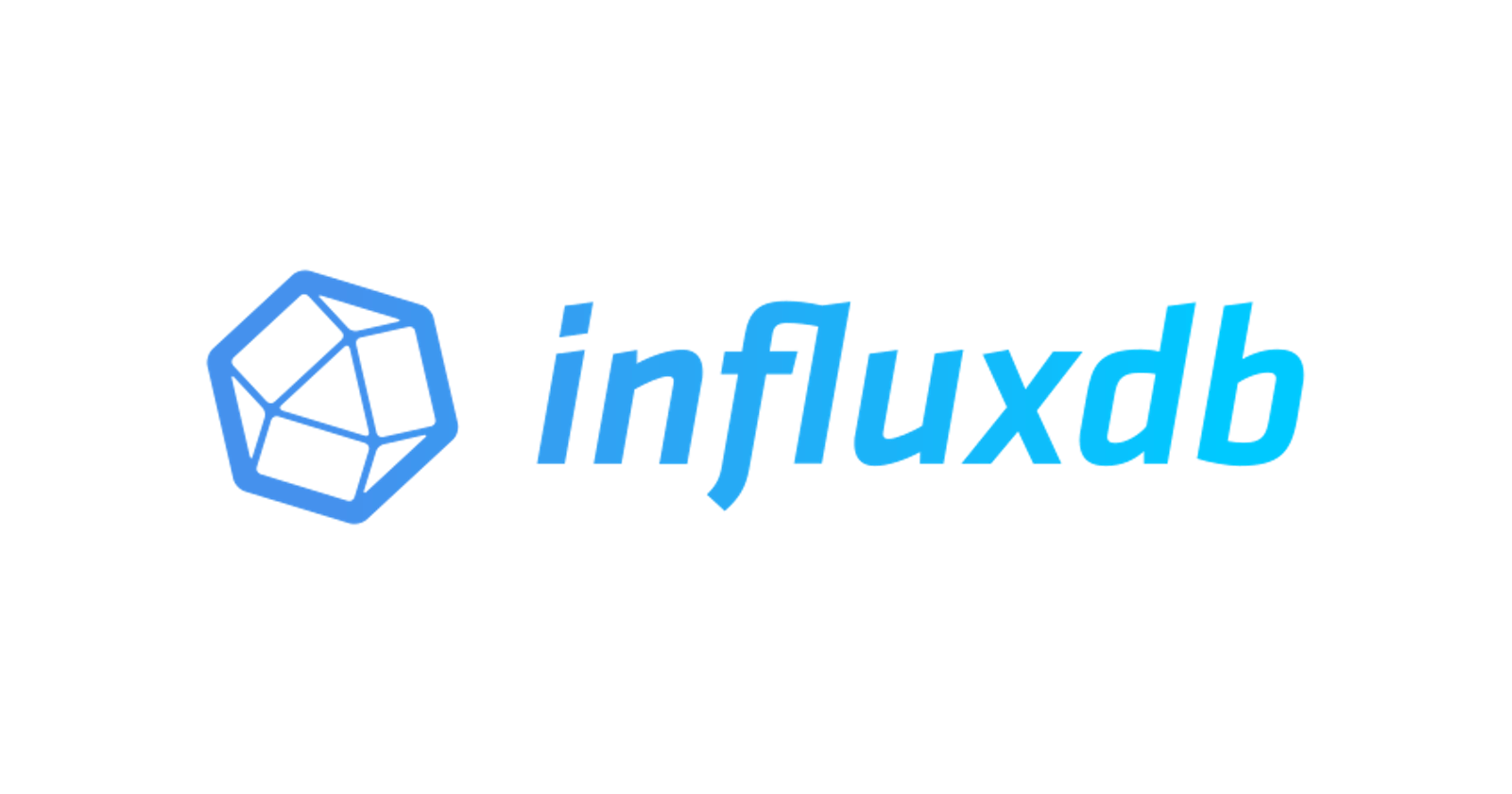InfluxDB: Revolutionizing Time Series Data Storage and Analysis
In the realm of time series data storage and analysis, InfluxDB has emerged as a leading solution, offering a powerful and scalable platform for handling time-sensitive data. In this article, we'll explore the features of InfluxDB, compare it to some of its competitors, and draw conclusions on its significance in the marketplace.
Introducing InfluxDB
InfluxDB is an open-source time series database designed to handle high volumes of time-stamped data efficiently. It is optimized for ingesting, storing, and querying time series data, making it ideal for use cases such as monitoring, IoT, and real-time analytics. Key features of InfluxDB include:
Time Series Data Model: InfluxDB's data model is tailored for time series data, allowing users to store and query data points with timestamps efficiently. It supports flexible schema design, enabling users to store data with varying tags and fields.
High Performance: InfluxDB is built for high performance, with optimizations for fast data ingestion and query processing. It can handle millions of data points per second, making it suitable for real-time data streams and high-frequency data collection.
Scalability: InfluxDB is horizontally scalable, allowing users to scale out their deployments to handle growing data volumes and workloads. It supports clustering and sharding, enabling distributed data storage and processing across multiple nodes.
Query Language (InfluxQL): InfluxDB comes with its query language called InfluxQL, specifically designed for querying time series data. It supports a wide range of operations and functions for filtering, aggregating, and manipulating data points.
Integration Ecosystem: InfluxDB offers integrations with various data sources and third-party tools, allowing users to ingest data from different sources and perform advanced analytics and visualization.
Comparing InfluxDB with Competitors
While InfluxDB offers a robust platform for time series data management, it's essential to compare it with some of its competitors in the marketplace:
Prometheus: Prometheus is an open-source monitoring and alerting toolkit widely used for time series data collection and analysis. While both InfluxDB and Prometheus cater to similar use cases, InfluxDB distinguishes itself with its focus on scalability, data retention policies, and a more extensive query language.
Elasticsearch: Elasticsearch is a distributed search and analytics engine known for its scalability and real-time search capabilities. While Elasticsearch can handle time series data, InfluxDB offers specialized features and optimizations for time series data storage and analysis, making it a more suitable choice for dedicated time series workloads.
TimescaleDB: TimescaleDB is a time-series extension for PostgreSQL, offering SQL-based query capabilities and relational database features. While TimescaleDB provides compatibility with existing SQL tools and workflows, InfluxDB offers a more specialized solution with native support for time series data and optimized query performance.
Conclusion
In conclusion, InfluxDB stands out as a versatile and scalable platform for time series data storage and analysis, catering to a wide range of use cases across industries. With its high performance, scalability, and specialized query language, InfluxDB empowers organizations to effectively manage and derive insights from their time series data. While there are competitors in the marketplace with strengths in specific areas, such as compatibility with existing tools or broader analytics capabilities, InfluxDB's focus on time series data makes it a compelling choice for organizations seeking to harness the power of time-sensitive data.
